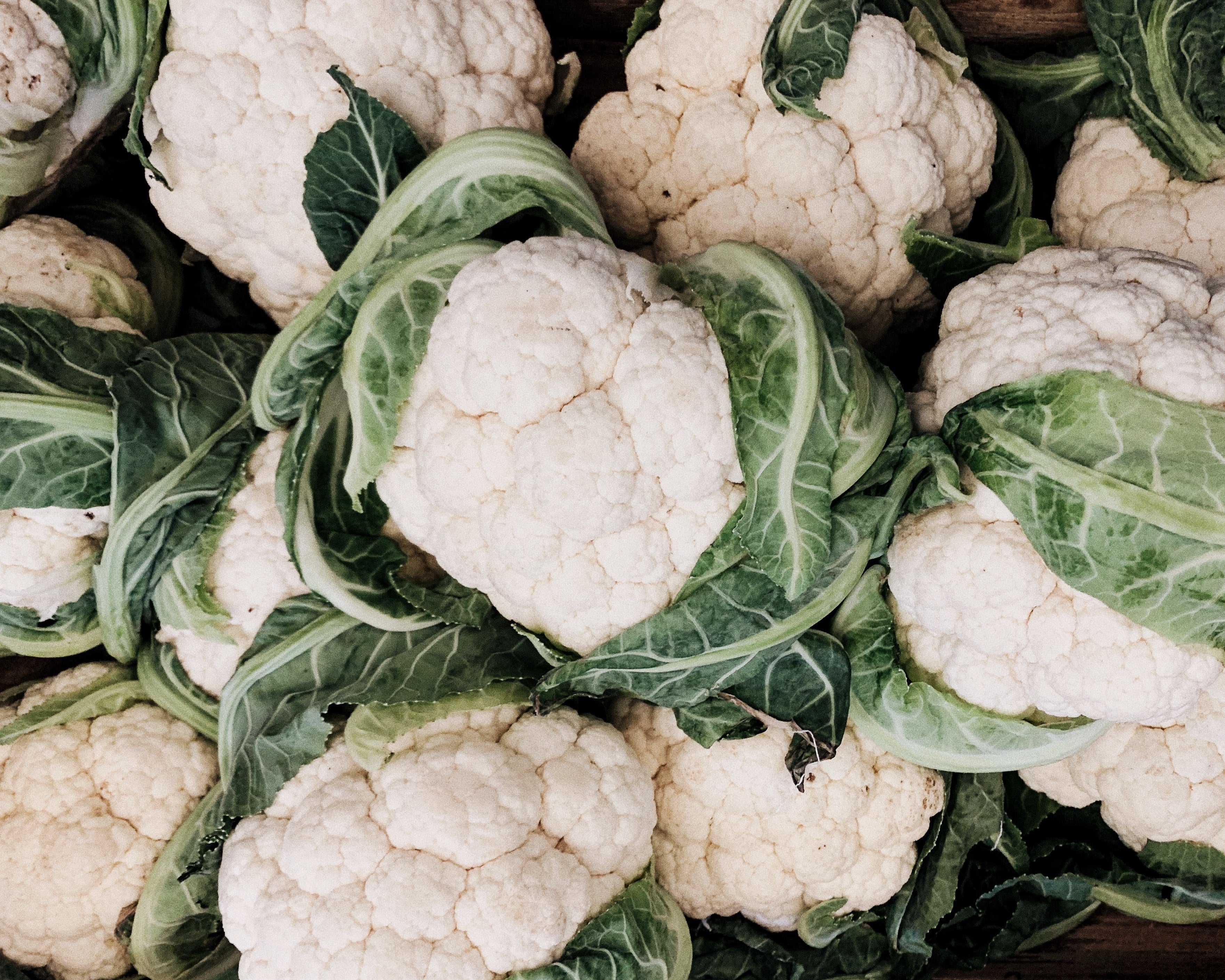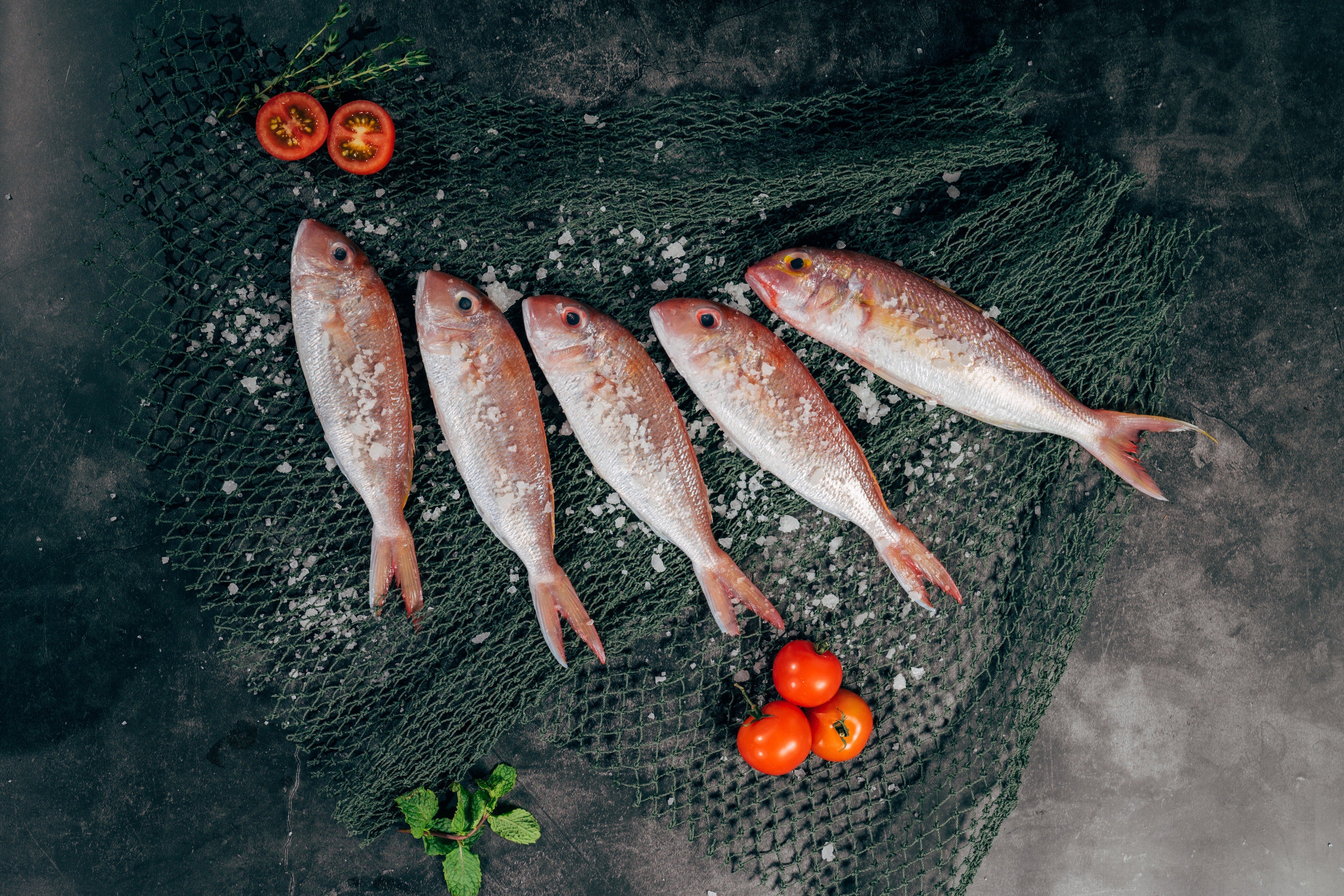Dehydration is dangerous no matter your age, but seniors are more susceptible to fluid and electrolyte imbalances than younger folks.
On top of that, research tells us that many older adults lack understanding and awareness of healthy hydration.[*] They may drink too little or too much water without understanding the potential consequences.
A lack of understanding about hydration is apparent in people of all ages, however, because seniors are more vulnerable to dehydration, ensuring they have accurate information and resources is of paramount importance.
The good news? Understanding hydration is pretty simple. Even better? Electrolyte drinks, such as IQMIX, offer seniors a convenient, easy solution for preventing dehydration.
We’ll talk more about electrolyte drinks later, but first, let’s explore the connection between aging and dehydration.
Why Seniors Are More Susceptible to Dehydration
Dehydration occurs when your body loses more fluids than it takes in. While anyone is susceptible to it, older adults are more at risk for several reasons:
- A decline in total body fluid: As you age, the amount of water in your body decreases.[*] As such, there are fewer water reserves available for your body to use as you get older.
- Lowered thirst response: Thirst is your body’s way of telling you to consume water. The thirst response becomes weaker with age, so seniors may not realize they need to drink water.[*]
- Decreased kidney function: Kidney function can decline with age, meaning more water may be lost through urination.[*]
- Mobility issues: It may be more difficult for older adults with mobility problems to prepare electrolyte-rich meals and get water on their own.
- Health conditions: The ability to retain water can be reduced by chronic illnesses, such as diabetes, dementia, and kidney disease.
- Side effects of certain medications: Seniors often take medications, such as diuretics and certain blood pressure medications, that can increase water loss through urination.
What Are the Symptoms of Dehydration in the Elderly?
It’s important for both seniors and those around them to be aware of the signs and symptoms of dehydration in older adults. Common signs include fatigue, urine that’s darker than normal, feeling dizzy, a decrease in urination, and dry mouth.[*]
If not treated, more serious dehydration symptoms may arise that require immediate medical attention. These include:[*]
- A rapid heart rate
- Low blood pressure
- Heat intolerance or chills
- Trouble with movement or walking
- Confusion or disorientation
- Fainting
- Diarrhea
- Vomiting
If dehydration isn’t promptly treated, it can lead to serious complications, including:[*]
- Urinary and kidney problems, including urinary tract infections (UTIs), kidney stones, and kidney failure
- Seizures due to low electrolyte levels, especially sodium and potassium
- Heat exhaustion or heat stroke
- Hypovolemic shock, a life-threatening complication in which fluid loss makes the heart unable to pump enough blood to the body.
Overhydration: The Other Side of the Coin
Hydration requires balance. Just like drinking too little water can be harmful, so can drinking too much water.
Drinking excessive amounts of plain water can dilute electrolyte levels. This most commonly occurs with sodium, opening the door to a dangerous condition called hyponatremia (low serum sodium).
Signs of low sodium may manifest as fatigue, restlessness, headaches, muscle cramps, confusion, nausea, or low energy.[*] Seniors or their caretakers might blame these symptoms on dehydration, prompting them to drink more water, which can worsen the problem.
The Importance of Electrolytes for Hydration
So, how does a senior (or anyone) find a balance? The key is drinking water to thirst and consuming enough electrolytes—a key factor in hydration that many people are unaware of.
Electrolytes are essential minerals that have a natural positive or negative electrical charge when dissolved in water. They play a vital role in many physiological functions. For example:
- Sodium is needed to conduct nerve impulses, contract and relax muscles, and maintain the proper balance of water and minerals.[*][*]
- Potassium helps maintain normal levels of fluid inside your cells. It also helps muscles contract and supports normal blood pressure.[*]
- Magnesium supports over 300 bodily functions, from producing energy to growing muscle to maintaining your heartbeat.[*][*] It also plays a critical role in brain function and mood.[*]
Like water, electrolytes are lost through sweat, urine, and feces and must be replaced through food, beverages, and supplementation. If you’re low on electrolytes, your body will have difficulty staying hydrated, even if you drink adequate water.
Electrolyte Drinks: An Easy Hydration Solution
Electrolyte drinks are beneficial to pretty much everyone, but they’re particularly helpful for seniors who are at a greater risk for dehydration and may struggle to get adequate electrolytes from food sources, such as leafy greens, fruit, meat, nuts, and legumes.
The main purpose of an electrolyte drink is to help you rehydrate, so they’re made of water and key electrolytes, namely sodium, potassium, and magnesium.
Sodium is the priority, as it’s the primary electrolyte lost through sweat and the primary electrolyte affected by overhydrating. Potassium and magnesium are also important, as most people are deficient in these essential minerals.[*][*]
Which Electrolyte Drink Is Best for Seniors?
A healthy, effective electrolyte drink should be free of sugar and artificial ingredients and contain adequate amounts of electrolytes.
Store-bought sports drinks typically contain loads of sugar and artificial colors, and lack meaningful amounts of electrolytes, making them a less-than-ideal hydration solution.
A homemade electrolyte drink with water, salt, potassium, magnesium, and a bit of lemon, is an option, but this isn’t realistic for most older adults. Plus, simplicity is key for making habits stick.
The best option? High-quality, clean electrolyte drink mixes, such as IQMIX. IQMIX is vegan, keto-friendly, and sugar-free, and has only one gram of carbs per packet. These convenient packets are super easy to use: just add water and stir for an instant electrolyte boost. They taste great, which will make hydrating more appealing to seniors.
The cherry on top? They contain a super-concentrated form of lion’s mane mushroom, which supports brain health and function, something that’s undoubtedly beneficial for any senior.[*]
Staying Hydrated and Healthy
Preventing dehydration and overhydration in the elderly is essential, as both can cause serious health issues. The magic formula to avoiding both entails drinking to thirst and consuming adequate electrolytes through healthy foods and electrolyte drinks.
IQMIX is an excellent hydration tool for seniors, as they’re super easy to pack and use. Try our 8-Stick Sampler to find your favorite IQMIX flavors, or go all-in with our 20-Stick Variety Pack!
With IQMIX, seniors should have a much easier time staying hydrated, healthy, and happy.


